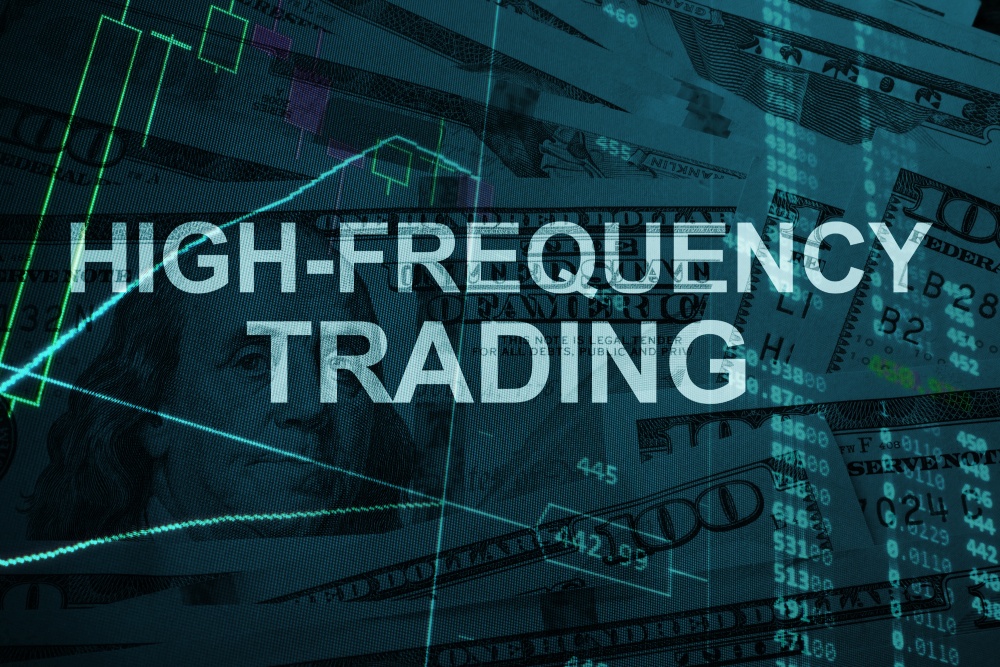Market participants eagerly await the release of CPI figures, learn why?

What is CPI?
Consumer Price Index (CPI) in the economy is a measure that gauges the average change in prices paid by consumers for a basket of goods and services over time. It serves as a key indicator of inflation and reflects the cost of living adjustments by tracking fluctuations in the prices of essential items such as food, housing, transportation, and other goods and services. CPI is widely used by policymakers, economists, and individuals to assess changes in purchasing power and to make informed decisions related to economic policy, budgeting, and financial planning.
What is the role of CPI in measuring inflation?
CPI serves as a comprehensive gauge of inflation, providing policymakers and investors with valuable insights into price trends. By tracking CPI, analysts can monitor changes in purchasing power and gauge the overall health of an economy.
What is the impact of CPI on interest rate?
CPI plays a crucial role in shaping the monetary policies of central banks, particularly in relation to interest rates. Central banks closely monitor CPI data to determine the appropriate course of action. If CPI suggests rising inflationary pressures, central banks may choose to increase interest rates to control inflation. On the other hand, lower CPI figures may prompt central banks to implement interest rate cuts to stimulate economic growth.
What is the effect of CPI on major financial markets?
1. Currency Market:
CPI data has a profound impact on currency markets. Currencies tend to weaken when there are expectations of rising inflation. Higher inflation erodes the purchasing power of a currency, leading to a decline in its value relative to other currencies. Currency traders closely monitor CPI releases to assess potential changes in exchange rates. If CPI data indicates higher-than-expected inflation, it may lead to currency depreciation, while lower-than-expected inflation may potentially strengthen a currency.
2. Equity Market:
CPI data also significantly influences equity markets, mainly through its impact on interest rates. Higher inflationary pressures and subsequent interest rate hikes can negatively affect stock prices. Increased borrowing costs for businesses and consumers can dampen economic activity, impacting corporate earnings and reducing stock market returns. Conversely, lower inflationary pressures and interest rate cuts can provide a boost to equity markets,s as reduced borrowing costs make investments more attractive and stimulate economic growth.
3. Gold Market:
The Consumer Price Index (CPI) significantly affects the gold market by signaling inflation. When CPI rises, investors often seek gold as a hedge against inflation and currency devaluation. The relationship between CPI and real interest rates also matters, making gold appealing when inflation outpaces nominal interest rates. Overall, CPI movements impact market sentiment, influencing the attractiveness of gold as a safe-haven asset in times of economic uncertainty. In times of inflationary concerns, the demand for gold tends to rise, reflecting its role as a safe-haven asset.


